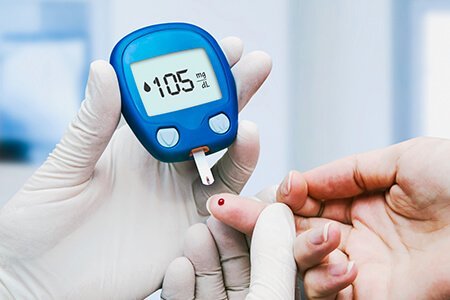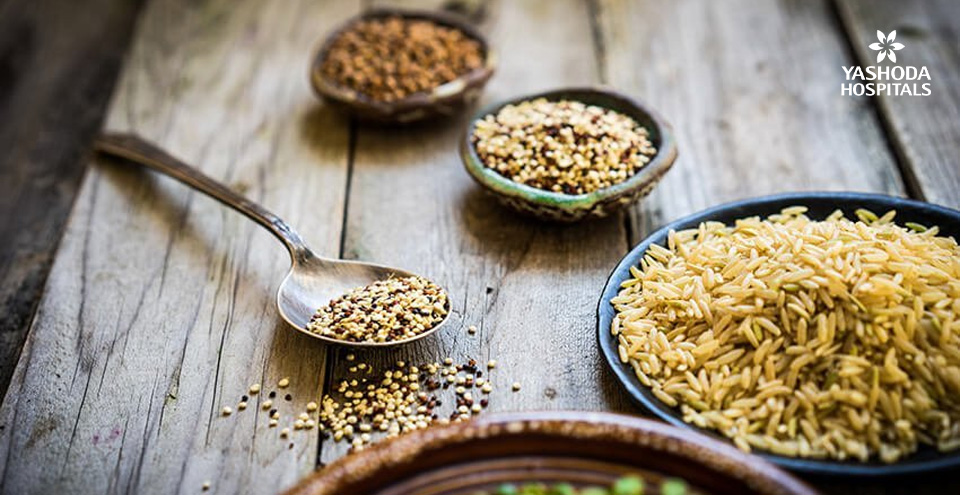What are common triggers of high blood sugars?
Monitor your blood sugars regularly. Also, look for common triggers of high blood sugar levels. They include food, exercise, medication, stress and hormonal changes.
Food:
- Have you had a high fat meal? If so, sugar levels tend to be high for long hours.
- Are you tracking sugar load? If so, ensure you enjoy the optimal calorie count and total carbohydrates per serving. They directly increase the blood sugars.
- Did you binge eat? That is something you must avoid. A diabetic should eat small amounts more frequently for a steady sugar level.
- Do you say yes to alcohol? Moderate to excessive alcohol intake disrupts body’s response to insulin. Thereby, hyperglycemia becomes difficult to manage.
Exercise:
Exercise affects our body in different ways. Exercises improve body’s response to insulin (insulin sensitivity) thus burning more sugar from the blood. If your body lacks insulin during workouts, blood sugars may stay dangerously high.
However, if you notice high blood sugar levels during exercise, it means that you are over-exerting. The body is pushing more sugar into blood to compensate this physical stress. Recap and rework on all physical activities. Also, do not miss any medicine or insulin.
A perfect balance between medicine, food, destress and exercise is essential in managing blood sugars.
How to self-manage high blood sugar levels?
Every diabetic experiences high blood sugar (hyperglycemia) at least once in their lifetime. Challenges in managing blood sugars vary based on the type of diabetes you are suffering from. So, it is important to have a personalized action plan approved by the doctor.
Call your doctor:
Type 1 Diabetes Mellitus: You must already be using insulin on regular basis. With a high blood sugar episode, you may need a higher dose than usual. Discuss with your doctor to understand the extent of blood sugar spike and suitable insulin doses.
Type 2 Diabetes Mellitus: Based on the extent and duration of high blood sugars, your doctor may or may not prescribe medicine, insulin or change their dose. Talk to your doctor as soon as possible.
Avoid exercises until sugar levels normalise:
As advised by ADA (American Diabetes Association), avoid exercising when –
- Blood sugars increase beyond 250 mg/dl and urine tests detect ketones.
- Blood sugars increase beyond 300 mg/dl without ketones in urine.
Manage sick day:
It is common to have above normal sugar levels when you are ill, injured or infected. Talk to your doctor for a better sick day management to control hyperglycemia.
Manage stress:
Emotional stress can be hard to manage immediately. On a long run, mindfulness and relaxation therapy improves not only blood sugars but also overall well being and health. So, invest some time on activities such as yoga, meditation and deep breathing every day.






 Appointment
Appointment WhatsApp
WhatsApp Call
Call More
More